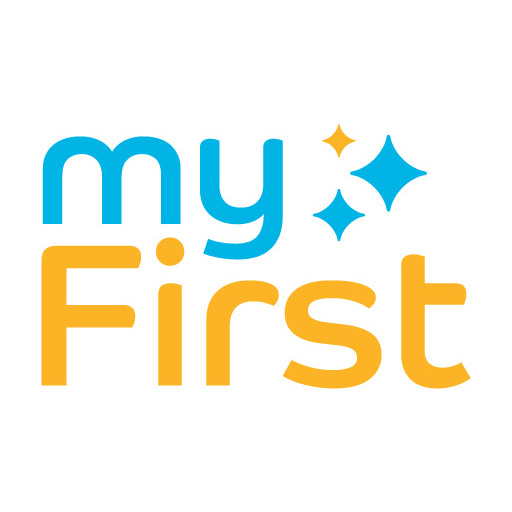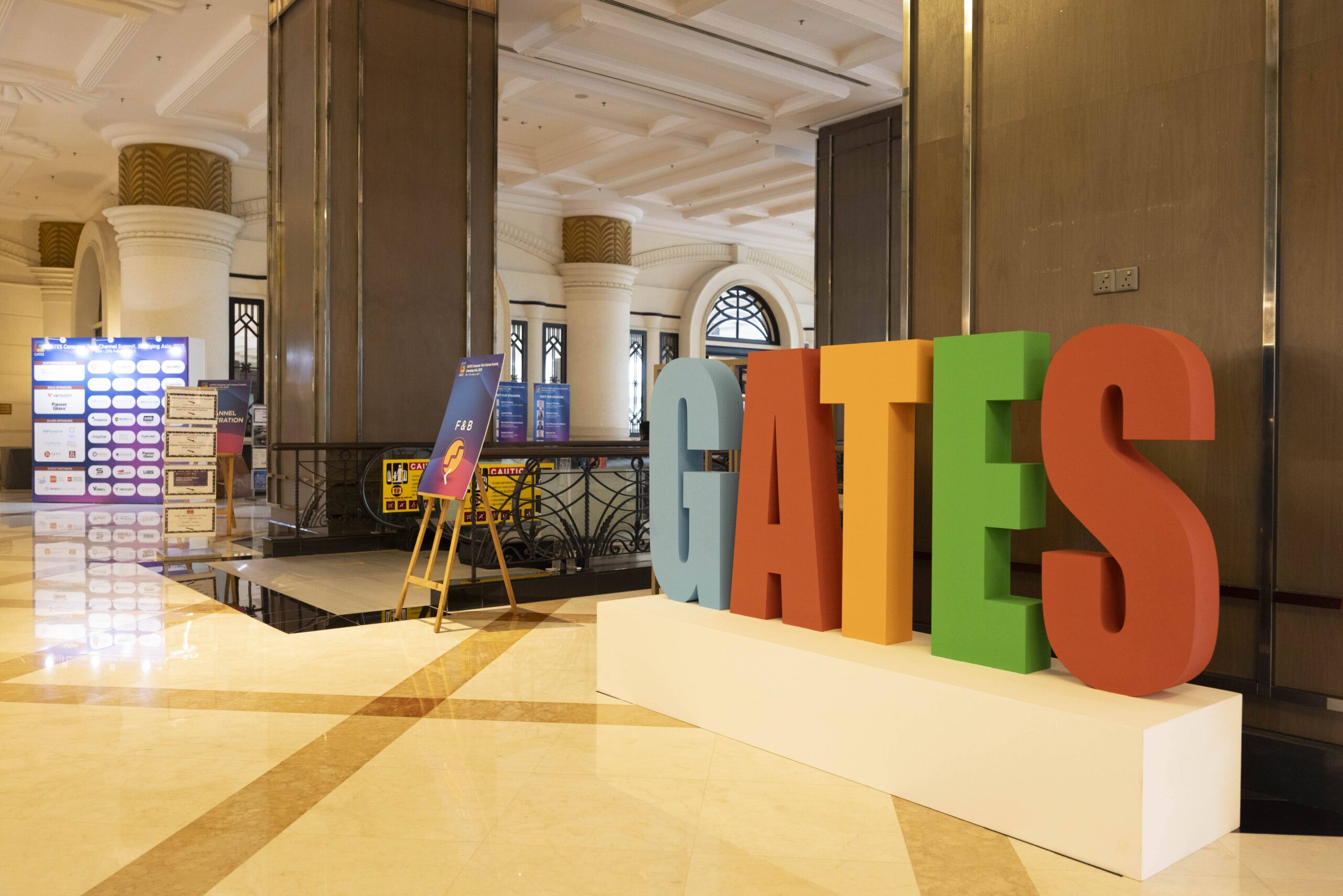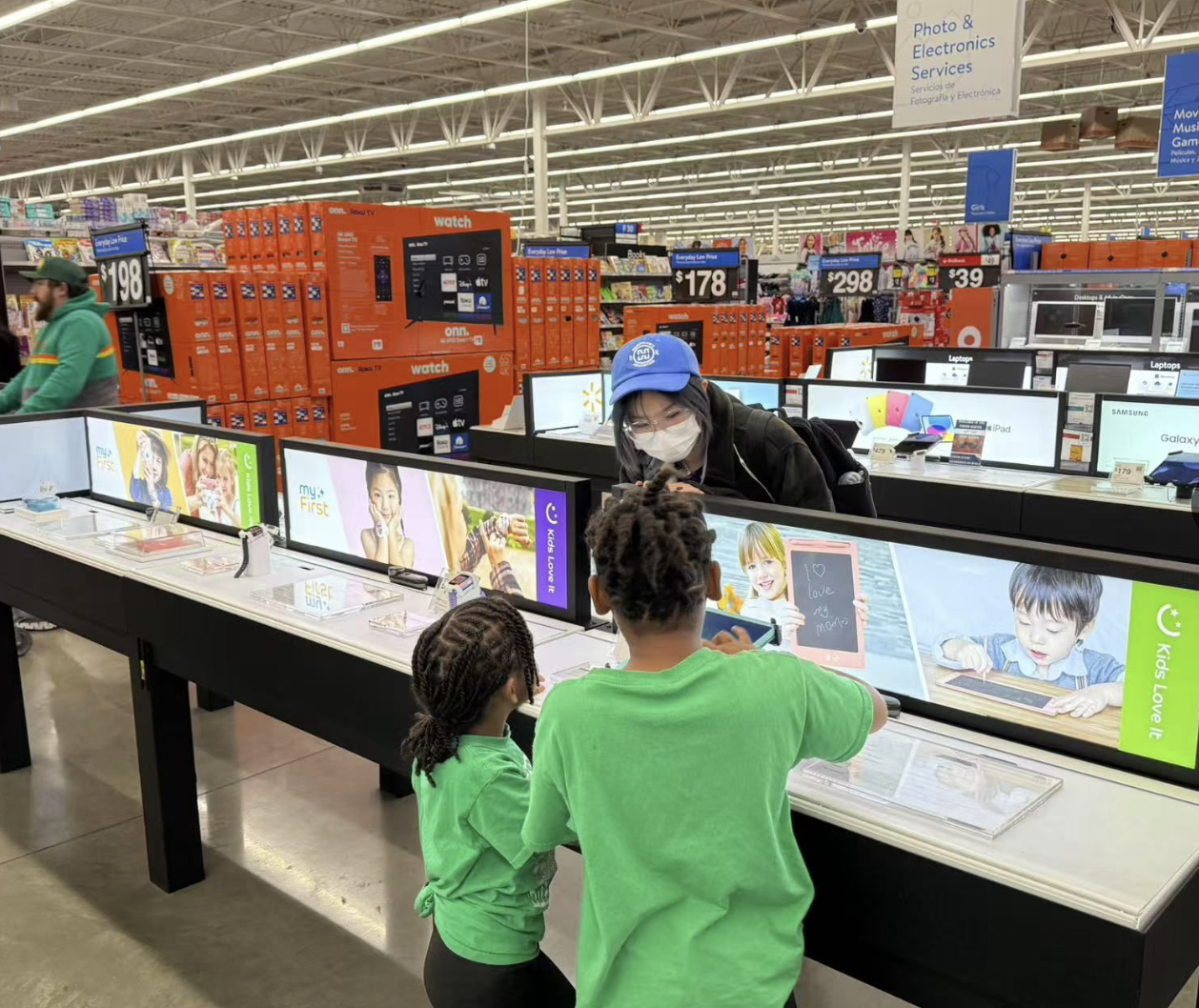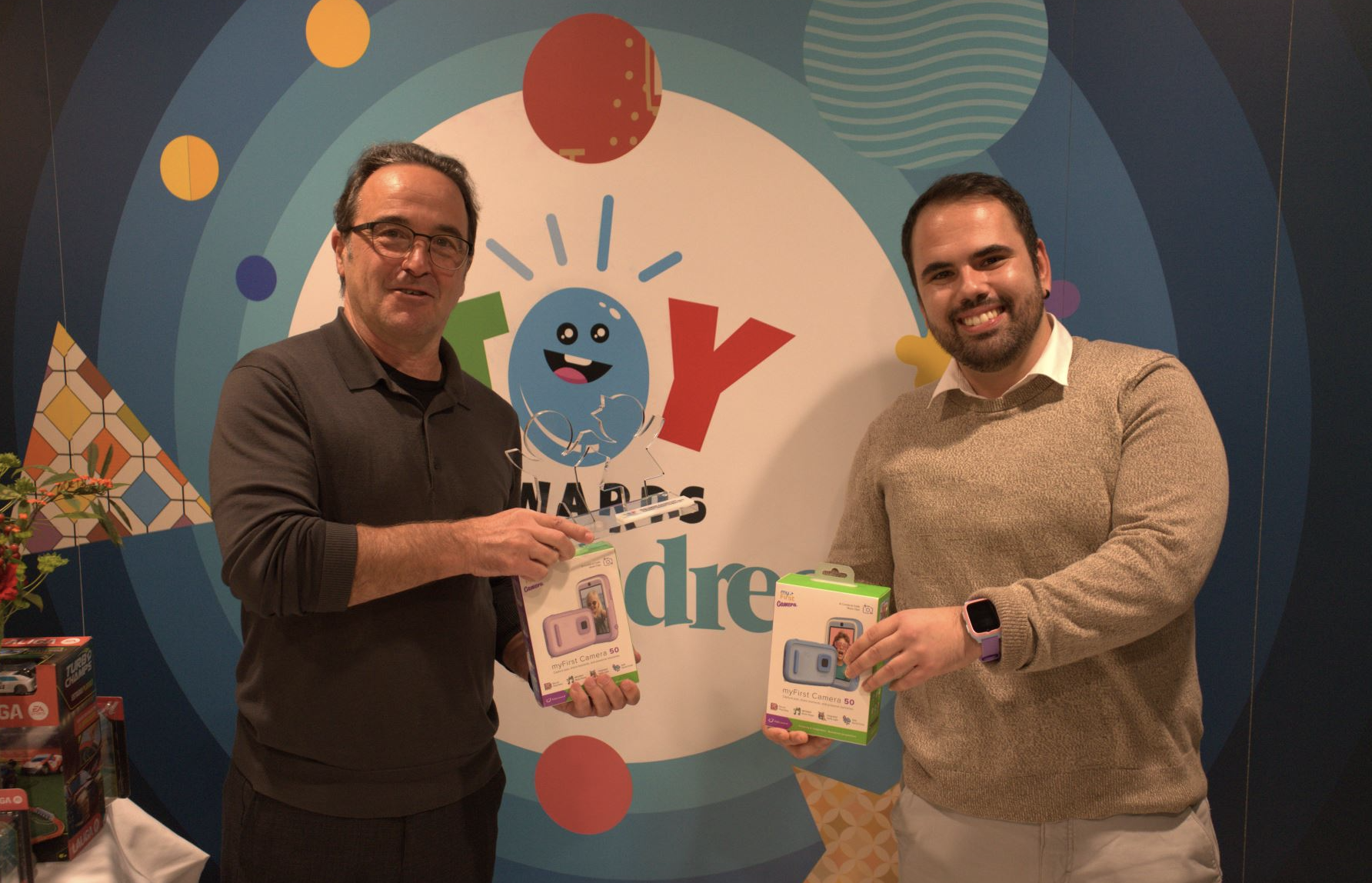The Power of AI in Education for kids:
Personalized Learning: AI-powered educational platforms can adapt to each child’s unique learning style, pace, and interest. Through intelligent algorithms, these systems provide personalized learning experiences, delivering content and resources tailored to individual needs. This promotes effective learning and boosts engagement.
Virtual Tutors and Mentors: AI chatbots and virtual assistants act as interactive tutors, answering students’ questions, providing guidance, and offering feedback. These digital mentors enhance the learning process, provide prompt assistance, and be independent in problem-solving skills.
Adaptive Assessments: AI-based assessment tools analyze student performance data to identify strengths, weaknesses, and areas that require improvement. Adaptive assessments tailor the difficulty level of questions based on a student’s responses, ensuring a customized evaluation that will reflects their knowledge and progress.
Intelligent Content Creation: AI algorithms can generate educational content, such as quizzes, worksheets, and interactive lessons, specifically targeted learning objectives. This not only saves time for educators but also enhances the accessibility and variety of learning materials available to students.
AI Applications for Kids:
Smart Learning Toys: AI-powered toys and games offer interactive and fun experiences that promote critical thinking, problem-solving, and creativity. These toys utilize voice recognition, natural language processing, and computer vision to engage children in educational play.
Virtual Reality (VR) and Augmented Reality (AR): AI-driven VR and AR applications provide virtual learning environments without leaving your home, allowing kids to explore historical sites or museum, travel to outer space, or dive into the depths of the ocean. These immersive experiences make learning more memorable.
Language Learning: AI language learning platforms leverage speech recognition and language technologies to help kids develop language skills. These tools provide pronunciation feedback, vocabulary-building exercises, and real-time language practice.
Coding and Robotics: AI-enabled coding platforms and robotics kits introduce children to the world of programming and robotics. These hands-on experiences enable kids to design, build, and program their creations, build IT knowledge and problem-solving abilities.
Empowering the Next Generation:
AI offers immense potential to empower young minds, equipping them with the skills and knowledge needed to thrive in the digital era. However, it’s essential to balance access to technology with ethical considerations, data privacy, and ensuring a well-rounded education that combines AI with other learning approaches.
As educators, parents, and society as a whole, let’s grab the opportunities presented by AI for kids and ensure that its implementation is guided by a holistic approach to learning, creativity, and the well-being of our children.
By harnessing the power of AI, we can inspire curiosity, foster innovation, and prepare the next generation for a future where technology plays a central role.

Top Educational Technologies Making a Difference for Kids
When designed right, technology can be one of the best tools to help children learn, grow, and stay connected. At myFirst, we focus on creating
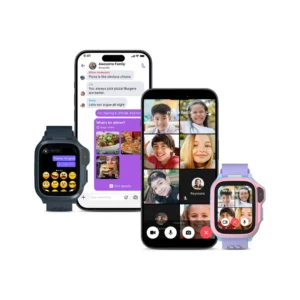
How Tech Can Be a Powerful Tool for Kids’ Growth
As a brand born in Singapore, we’ve always believed that technology — when used right — can do amazing things for children’s growth. We know
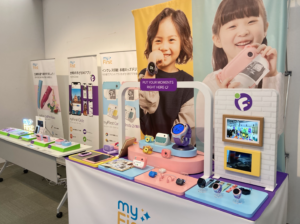
Celebrating the Launch of Our Latest myFirst Innovations in Japan!
We are thrilled to announce the successful launch event for three of our latest innovations in Japan – the myFirst Fone S4, myFirst Camera 50,
